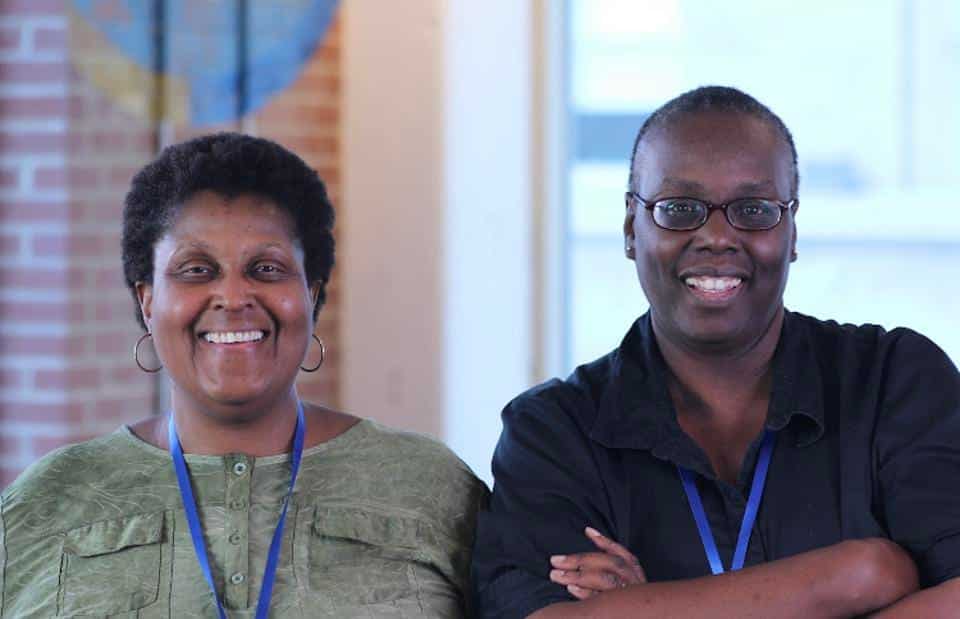Excerpt from Forbes:
Each year, millions of civilians—non-lawyers, that is—represent themselves in civil court, because they’re not poor enough to merit free legal aid and not sufficiently affluent to afford attorney fees. Of course, the other side typically has legal representation. And that puts those civilians struggling to navigate the system at a severe disadvantage. “It means that middle-class people end up being shut out of the process,” says Sonja Ebron.
That’s why, in 2019, she and co-founder—and wife—Debra Slone launched Courtroom5. Its platform provides a five-step process that allows users to hire lawyers able to help with limited portions of their case, thereby creating a more affordable system.
To that end, there’s a five-step process that helps users understand what action to take at any point along the way. It also provides legal training to help people understand those options; analyze the legal elements of their case, so they can make the most appropriate legal argument; identify legal authorities and precedents that show the judge the arguments are valid; and prepare a legal document that assembles all the information and, says Ebron, “looks like a lawyer prepared it.”
As for lawyers, they can step in at certain points and do a specific task—everything from ghostwriting to reviewing documents before they’re filed and helping users find the right precedents.
— Anne Field for Forbes



